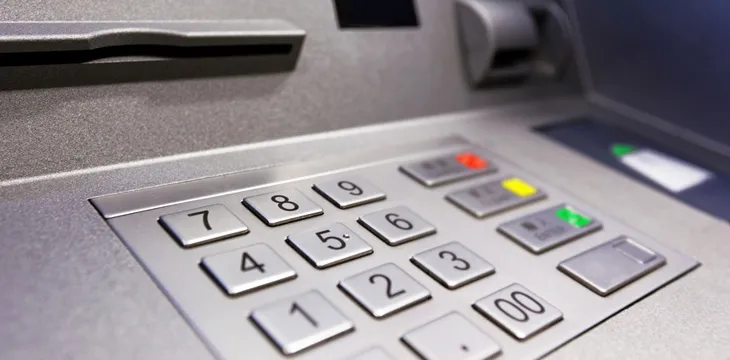|
Getting your Trinity Audio player ready...
|
The cryptocurrency industry in India is thriving despite the central bank’s rigid stance against it. On Oct. 14, the South Asian country had its first crypto ATM installed in Bengaluru’s Kemp Fort Mall. The crypto teller machine was launched by cryptocurrency exchange, Unocoin, for the exclusive use of its customers.
Unocoin has plans to launch 30 more of such ATMs across the country. Its next stop might be Mumbai and New Delhi, according to Quartz. Unodax’s customers started using the ATM on Monday, October 15th. To use the ATM, you must have a Unocoin account. The ATM, which offers fiats transactions only, allows users to deposit cash into their Unocoin account and then withdraw the funds from the account.
Complying with the countries regulations, the minimum limit on deposit or withdrawal of funds has been set at INR1,000 ($13.55) per transaction, while the maximum amount per transaction is capped at INR10,000 ($136). To use the crypto ATM, a customer will first have to validate his user ID, and then type in a one-time-password sent to his registered mobile number. If the customer wants to deposit money he can do so and the updated balance in the Unocoin account will be displayed. The process for withdrawal is similar, but if the user wishes to purchase cryptocurrencies he will have to use Unocoin’s website or mobile application.
The crypto ATMs are seen as a means of circumventing the crackdown of the Reserve Bank of India’s (RBI) on the crypto industry. In July, the RBI ordered banks to cut off business ties with local cryptocurrency traders and exchanges. However, Unocoin claims that it has not violated any of the laws of the RBI as its ATMs have nothing to do with India’s banking system. Sathvik Vishwanath, Unocoin’s CEO explained, “The ATMs deployed by us do not need any banking partnerships. These are stand-alone machines that can accept and dispense cash.”
Since the clash between the cryptocurrency and regulators in India began, exchanges have taken quite a hit. Unocoin wasn’t spared, and according to Vishwanath, “At present, the volume (of transactions) has become one-tenth of what it used to be (before the RBI crackdown). We believe that after we have deployed it in many other cities and it becomes popular than demand should come back.”

 07-04-2025
07-04-2025 





